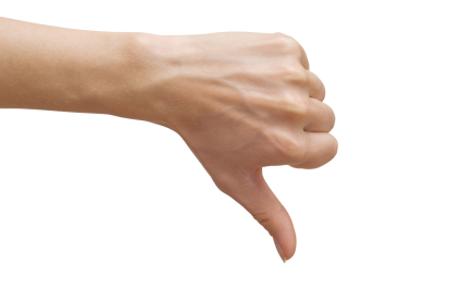When critics inveigh against private schools, they tend to pick on issues such as the following.
Everybody's Rich
Looking at most private schools' beginnings, you will discover that their original clientele was not children from wealthy families. Many of the founders of schools back in colonial times - the Phillips family, for example - saw education as the way forward for the infant democracy in the United States. For the nation to survive, it needed a literate, educated, proficient population. European crusaders like Dr. Maria Montessori and Rudolf Steiner - the founder of the Waldorf Schools movement - began their work among the poor and working classes. Their teachings captured the imagination of the American middle and upper classes when their movements spread to the United States.
Over time, as the schools expanded, they became highly prized for what they accomplished, namely providing an excellent academic education combined with sports and solid core values. Market forces conspired to drive the cost of education up. Social forces conspired to make private schools the place where the elite sent their children. In the 21st century, egalitarian ideas once more have the upper hand. Private schools seek out and encourage applicants from every social and economic strata. Diversity rules. Not everybody who attends private school is rich.
This video offers an overview of Ransom Everglades School in Miami, Florida.
Compulsory Sports
What's not to like about sports? Schooling throughout the centuries has always had a physical education component. Think Olympics. The ancient Romans had their ludi or games. You may not like highly competitive team sports, but running on a track team or rowing is just plain good for you. Mens sana in corpore sano is the underlying philosophy behind private school sports programs. Take it in strength you like - weak or strong according to your tastes.
Having Classes 6 Days A Week
Boarding schools operate seven days a week—there's no escaping that fact. So, it makes sense to spread the academic work over six days, especially when Wednesday afternoons are given to sports. Because of that, Saturday morning classes are pretty standard. Saturday afternoons are for sports. Most day schools will hold sports activities and some classes on Saturdays.
The Work Load and Homework
Most private schools, by definition, are college preparatory. And they take that mission very seriously. Small classes and highly qualified, experienced faculty who generally design their curricula mean that you do some pretty intense academic work. AP courses are the centerpieces of the college prep track. Schools with an international flavor gravitate to the IB program, which offers a more global view of academics. So, if you don't like working hard, there's plenty to not pick at private school.
This video offers a look at Princeton Day School's athletic center.
The Expense
Saving the worst for last, the cost of private school is a bitter pill to swallow. However, approaching it from a cost-benefit ratio perspective makes the expense factor much more palatable. Why? Because investing in your child's education virtually gives her a solid foundation for life. And that is a good thing. What she makes of that investment is another thing.
Parents often appreciate private K-12 schools' smaller class sizes, which allow for more individualized attention and tailored instruction. The rigorous academic programs and extensive extracurricular activities offered help develop well-rounded students. Additionally, parents value the strong sense of community and shared values that many private schools foster, ensuring their children grow in a supportive and nurturing environment.
So, in conclusion, what's not to like about private school? Once you take a closer look, not much.
Questions? Contact us on Facebook. @privateschoolreview























